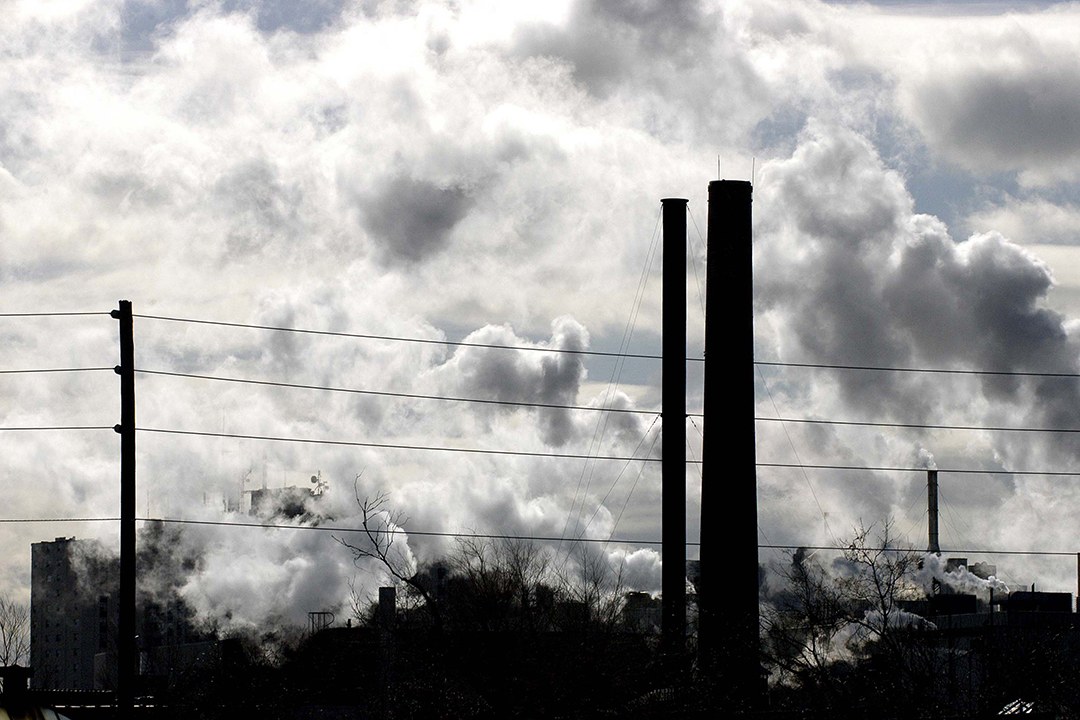January 2018: Green industrial policy can help in the transformation to a green economy, and has social, environmental and economic co-benefits, according to a report published as part of the Partnership for Action on Green Economy (PAGE). The authors outline approaches towards an economy that balances environmental sustainability and wealth creation.
The report titled, ‘Green Industrial Policy: Concept, Policies, Country Experiences,’ provides an overview of policy approaches and practical experiences in several countries, including Brazil, China, Germany and Morocco. The countries have different levels of income and technological capacity, but all found ways to foster jobs and create competitive advantages in new industries, while simultaneously greening their economies. The authors note the need for a stronger emphasis, however, on developing countries because of their need for growth, their high potential for transformation, and the fact that they are not yet locked into unsustainable pathways. The report calls for a diverse, cross-sector approach to restructure industrial systems, and a framework that encompasses environmental and energy policies.
Current incentives guiding how people invest, produce and consume must be redesigned to internalize environmental costs.
The report highlights the enormous costs of environmentally unsustainable practices. For example, the Lancet Commission on Pollution and Health estimates welfare losses due to environmental pollution at more than US$4.6 trillion per year, or 6.2% of global GDP, while the economic cost of climate change has been estimated at more than US$1.2 trillion per year. The authors argue that current incentives guiding how people invest, produce and consume must be redesigned to ensure that environmental costs are internalized, pollution is minimized, material consumption is reduced, and inputs are reused or recycled.
The report addresses: challenges of green transformations and the ways green industrial policy must go beyond business-as-usual; economic and social co-benefits, such as improving human health and conserving resources for future growth; how environmental protection can enhance the competitive advantages of companies; and how a green transformation can create employment benefits, including by creating new jobs in the environmental goods and services sector.
It also discusses: specific policies such as those that phase out environmentally harmful industries and measures that develop environmentally sound substitutes; how to achieve the phase-in of green alternatives, which typically need to compete with established technologies; the need for environmental fiscal reforms that enhance competitiveness of clean industries; circular economy approaches to decouple production from resource consumption and pollution; and how procurement policies can be used to source greener products.
PAGE is an initiative of the UN Environment Programme (UNEP), the International Labour Organization (ILO), the UN Development Programme (UNDP), the UN Industrial Development Organization (UNIDO) and the UN Institute for Training and Research (UNITAR) in partnership with the German Development Institute/Deutsches Institut für Entwicklungspolitik (DIE). PAGE helps governments develop action plans that include green industrial policy recommendations, adopt inclusive green economy approaches and achieve the SDGs and commitments under the Paris Agreement on climate change. PAGE provides technical and financial assistance in 13 countries, as of 2017. [ILO News Story] [Publication: Green Industrial Policy: Concept, Policies, Country Experiences] [PAGE Website]
